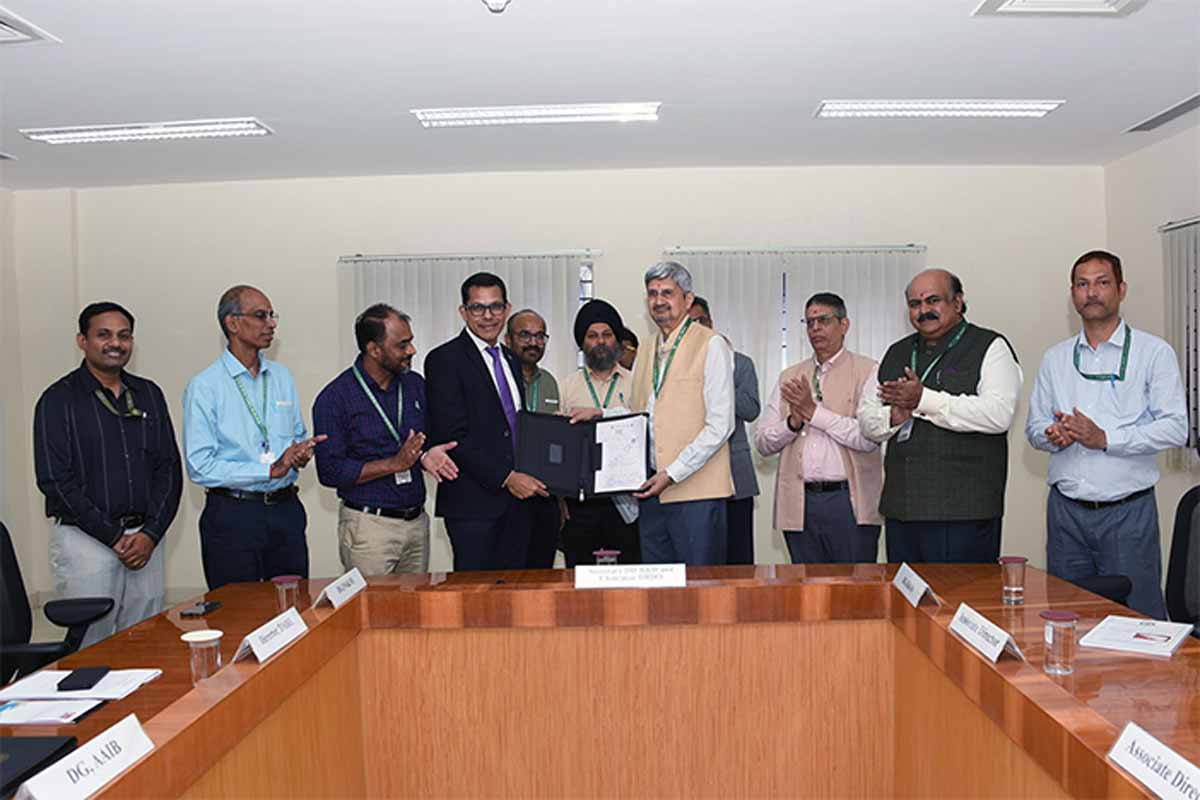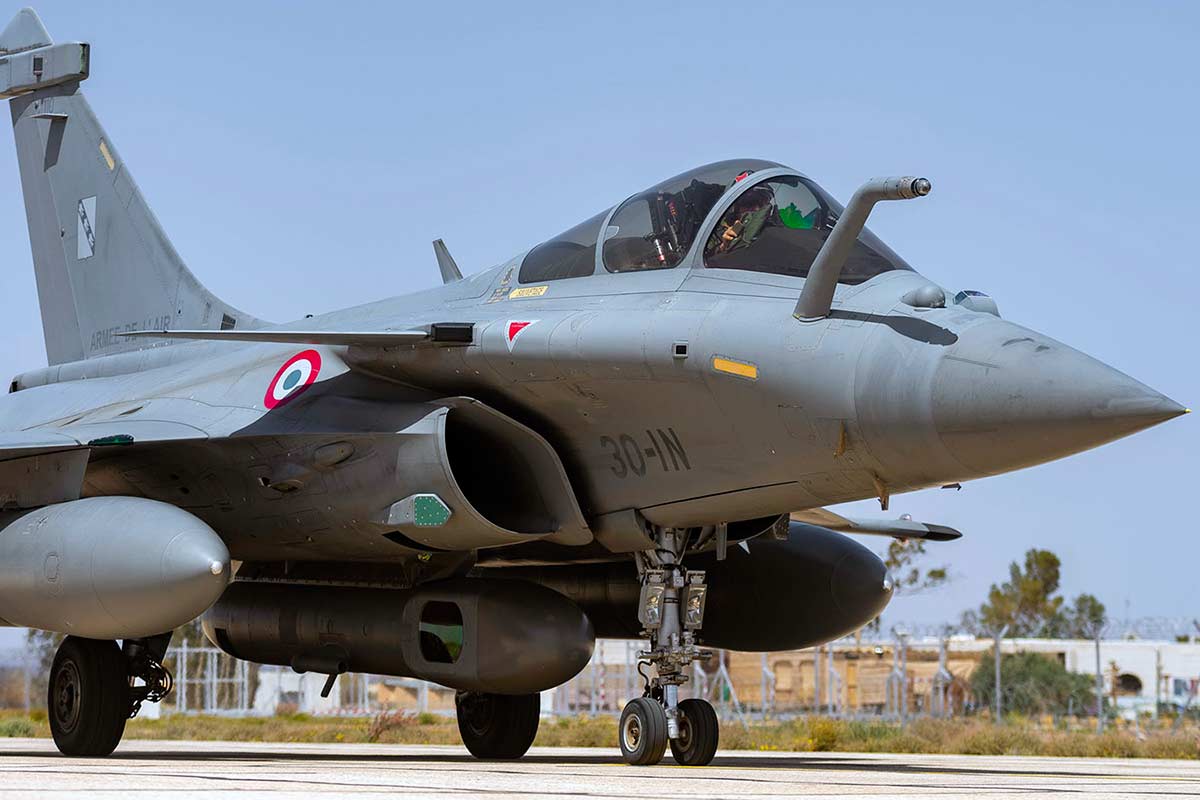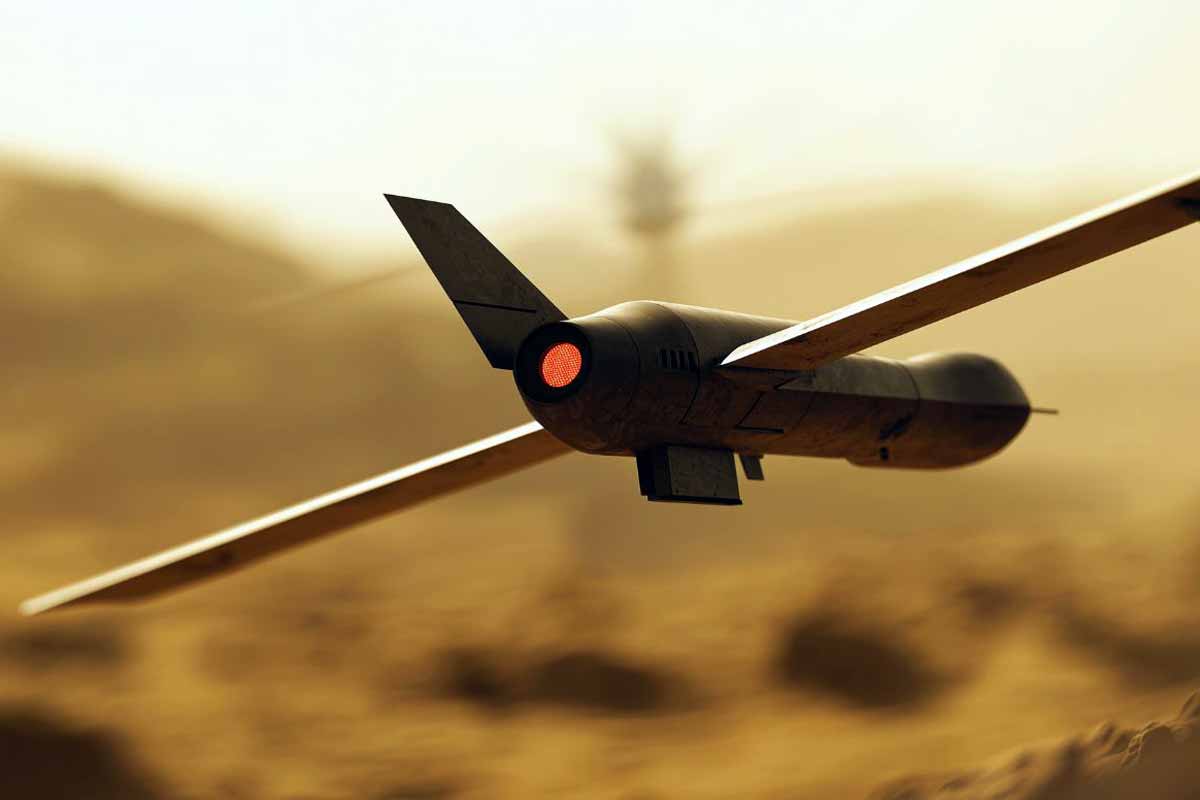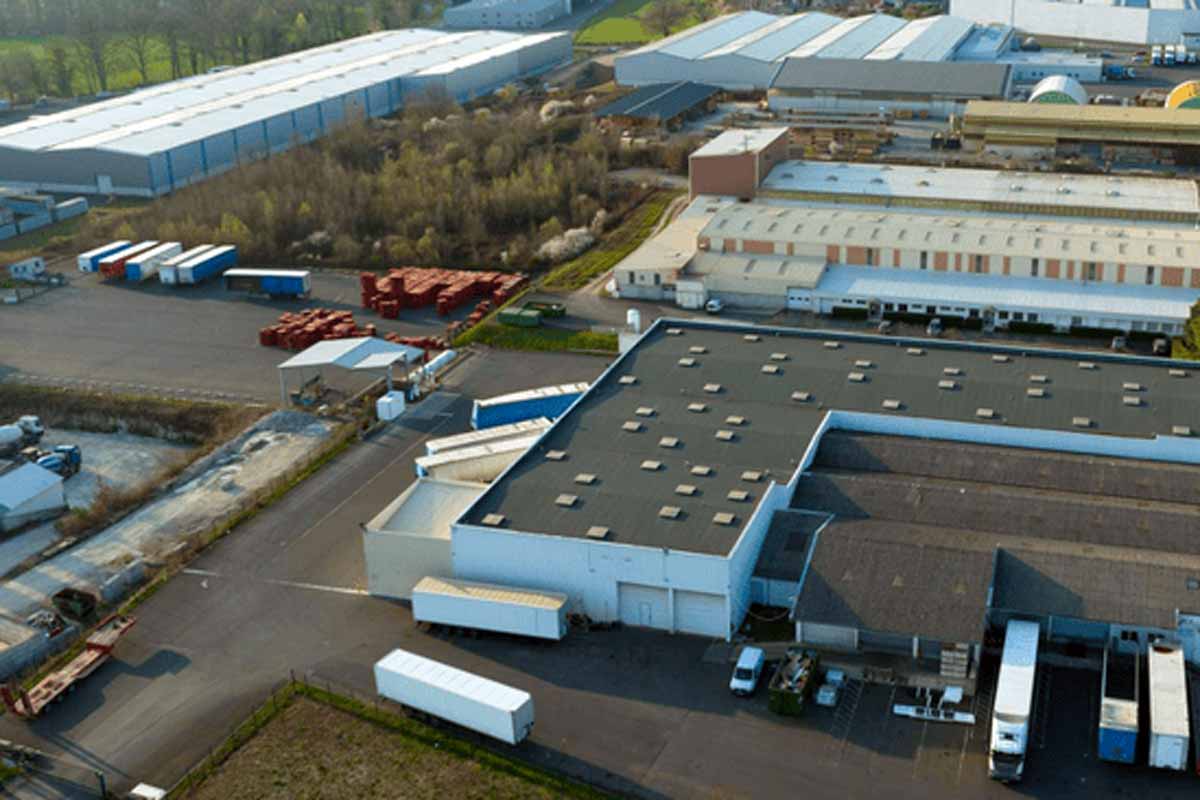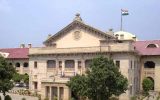DRDO Transfers Advanced Materials Technologies to Industry Partners: Hyderabad, 04 September 2025 – In a significant step towards strengthening India’s defence manufacturing capabilities, the Defence Research and Development Organisation (DRDO) has transferred three cutting-edge materials technologies to industry partners. The transfer took place at the Defence Metallurgical Research Laboratory (DMRL) in Hyderabad on August 30, 2025. The event was graced by Dr. Samir V. Kamat, Secretary of the Department of Defence R&D and Chairman of DRDO, who handed over the Licensing Agreement for Transfer of Technology (LAToT) documents to the respective industry representatives.
The technologies being transferred are critical for enhancing India’s self-reliance in defence manufacturing, especially in the areas of missile systems, naval vessels, and high-strength steel materials. The three key technologies transferred include:
High Strength Radomes Manufacturing: Bharat Heavy Electricals Limited (BHEL) in Jagdishpur has received the technology to manufacture Radomes, the protective covers for missile sensors. These Radomes play a pivotal role in safeguarding missile guidance systems, ensuring their accuracy and operational effectiveness during critical defence missions.
DMR-1700 Steel Sheets and Plates for Defence Applications: Jindal Steel and Power Limited (JSPL), Angul, has acquired the technology to produce DMR-1700 steel sheets and plates. This advanced material is known for its combination of ultra-high strength and exceptional fracture toughness at room temperature, making it ideal for demanding defence applications that require superior material properties.
DMR 249A HSLA Steel Plates for Naval Applications: Steel Authority of India Limited (SAIL), Bhilai, has been granted the technology to manufacture DMR 249A High-Strength Low-Alloy (HSLA) steel plates. These plates meet stringent dimensional, physical, and metallurgical specifications necessary for the construction of naval vessels, enhancing the durability and reliability of India’s naval fleet.
READ: Multiples Private Equity Acquires Controlling Stake in VIP Industries for Rs 1,763 Crore
Paving the Way for Strategic Self-Reliance
In his address at the event, Dr. Samir V. Kamat emphasized the importance of this technology transfer as a milestone in DRDO’s commitment to enhancing indigenous defence manufacturing. “These technologies are not just an achievement in R&D; they mark a substantial leap towards our goal of making India self-reliant in defence production. The collaboration between DRDO and the industry will ensure that these advancements are rapidly deployed to support critical defence programs and enhance our technological edge,” Dr. Kamat remarked.
He also acknowledged the efforts of DMRL, whose research and development initiatives have been instrumental in creating solutions that address the evolving needs of the defence sector. “DMRL has been at the forefront of creating innovative, high-performance materials that are integral to the advancement of India’s defence technologies. This Transfer of Technology is a reflection of DMRL’s dedication to fostering strong industry-research partnerships,” Dr. Kamat added.
READ: CJI BR Gavai Cautions Law Students Against Foreign LLMs by Taking Heavy Loans
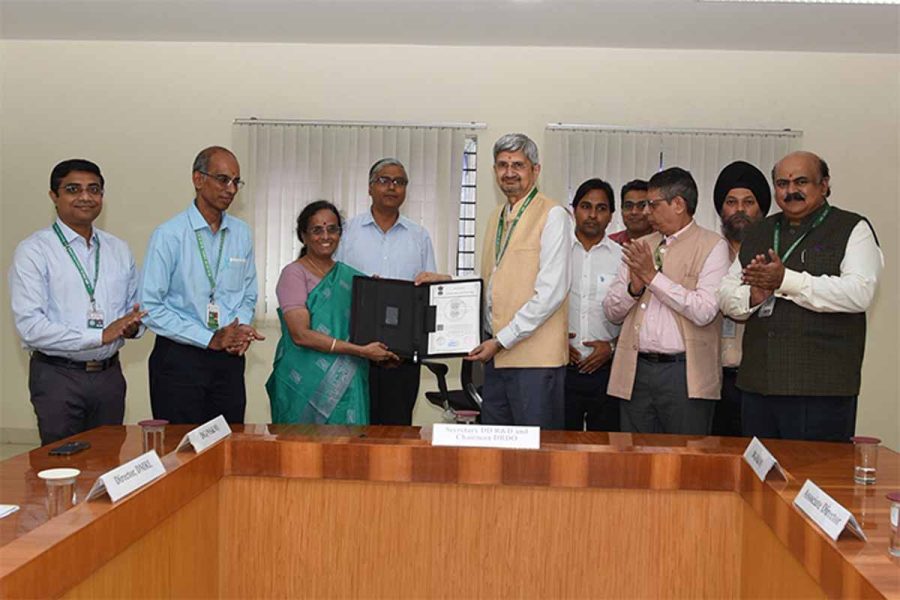
DRDO’s DMRL Transfers Defence Technology to Industry Partners.
READ: Don’t Hide Your Mental Health Issues, CJI Gavai Tells Law Students, Legal Professionals
Strategic Partnerships for Enhanced Defence Readiness
The successful transfer of these technologies signifies DRDO’s growing focus on collaboration with leading industrial players to scale up and commercialize advanced materials for both strategic and industrial use. The transfer also aligns with India’s broader vision of reducing dependence on foreign suppliers and building a robust indigenous defence industrial base.
The collaboration with industry partners such as BHEL, JSPL, and SAIL is expected to drive the large-scale production of these advanced materials, ensuring that India’s defence forces have access to high-quality, locally produced components. The industry partners, in turn, will benefit from DRDO’s research and development expertise, enabling them to meet the growing demands of the defence sector while also boosting India’s position as a global player in defence manufacturing.
READ: Indus Waters Treaty: India Rejects Arbitration Court’s Ruling, Cites Pakistan’s Terror History
Expanding DRDO’s Collaborative Ecosystem
In addition to the technology transfer, an important Memorandum of Understanding (MoU) was also signed between DMRL and the Aircraft Accident Investigation Bureau (AAIB) under the Ministry of Civil Aviation. The MoU aims to leverage DMRL’s experience, facilities, and capabilities to support the AAIB’s activities, further expanding the laboratory’s role in a variety of sectors beyond defence.
The event, which was attended by key figures such as Director General (Naval Systems & Materials) Dr. RV Hara Prasad, Director General (Resource and Management) Dr. Manu Korulla, and Director of DMRL Dr. R. Balamuralikrishnan, highlighted DRDO’s growing ecosystem of partnerships with both government agencies and private industries.
READ: MoD Begins Review of Defence Acquisition Procedure
A Leap Towards Technological Sovereignty
The successful transfer of these advanced materials technologies represents a major leap forward in India’s journey towards technological sovereignty in defence. With these innovations now poised for large-scale production, the country’s defence manufacturing sector is set to become more self-reliant, reducing dependency on foreign suppliers and strengthening India’s national security capabilities.
READ: Pixxel Bags iDEX Grant to Develop Hyperspectral and Mid-Wave Infrared Payloads


